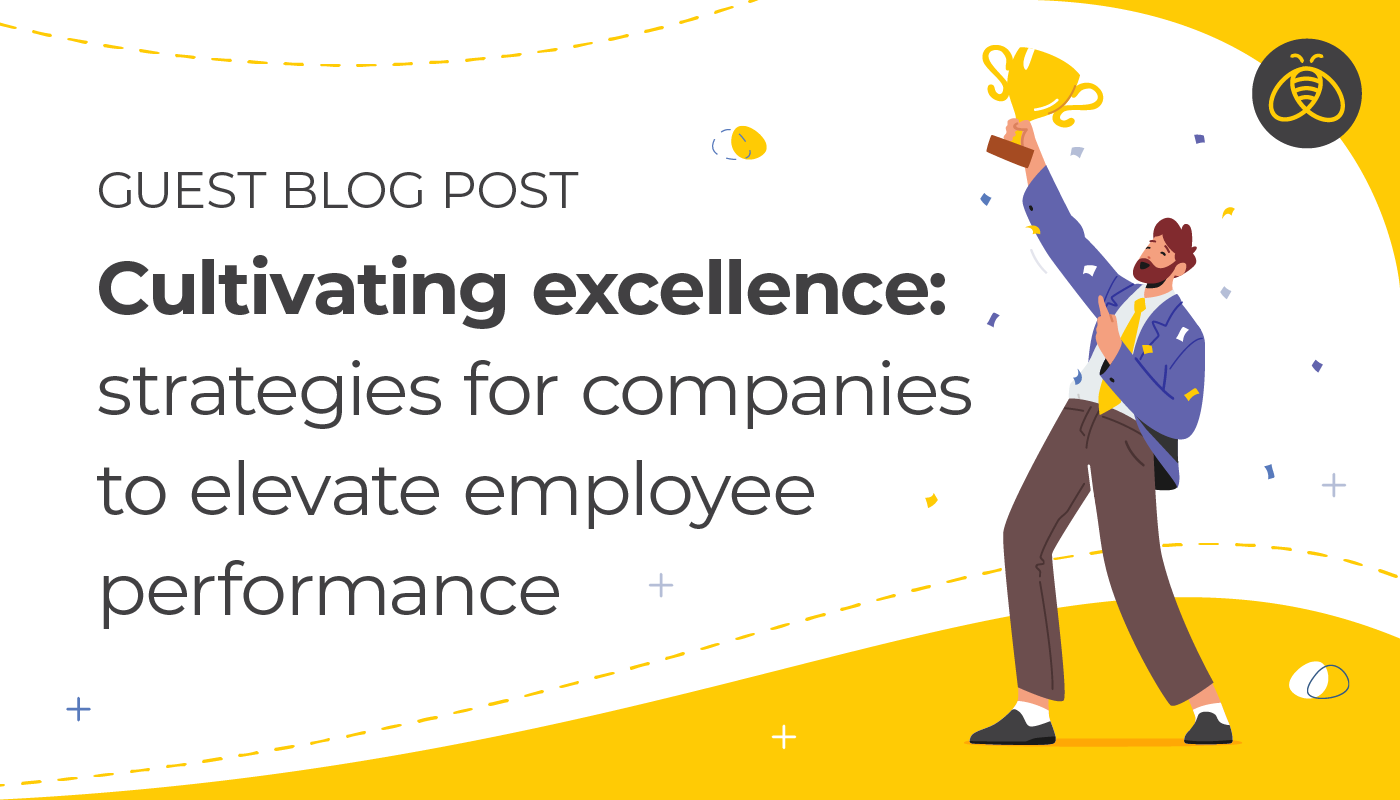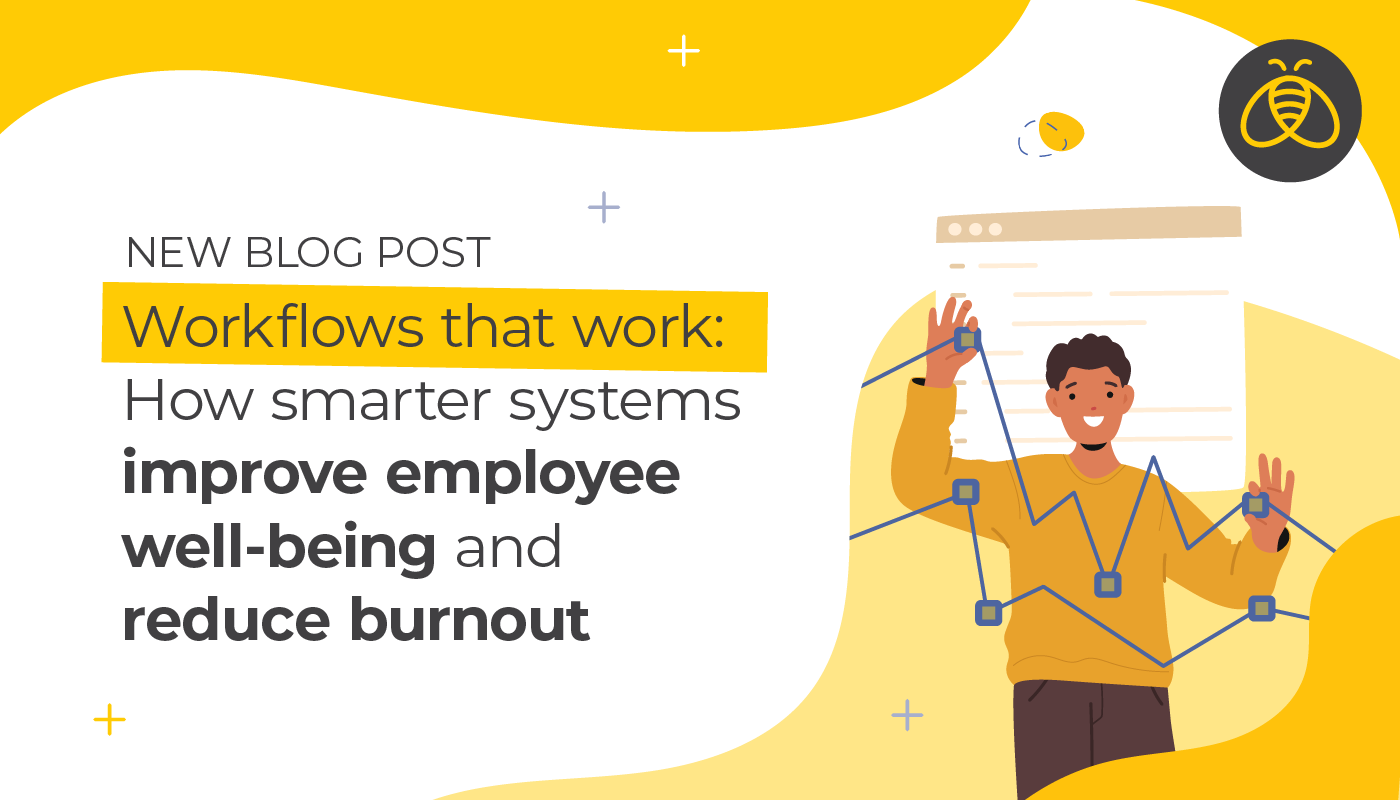Cultivating excellence: strategies for companies to elevate employee performance
By: Benefits by Design | Tuesday July 2, 2024
Updated : Tuesday September 3, 2024
This is a guest blog post by Ainsley Lawrence – content writer.
Getting the most out of your employees is key to running a productive, profitable business.
As a business leader, addressing engagement is crucial. A robust approach to employee motivation can help you create a culture of excellence and will elevate employee performance and productivity across the board.
Elevating employee performance needn’t be costly either. Some team-building initiatives may require extra spending, but many employee learning programs are cost-effective and have a great ROI.
Investing in your people can improve retention and help you hold on to your best employees, too. This is important for the long-term success of your business. You need your high-performing employees to lead the way when trying to create a culture of excellence at work.
Motivation matters
As a business leader, you should want your employees to reach their potential at your workplace. Unfortunately, it’s easy to overlook the mechanisms of motivation in your bid to elevate employee performance. Don’t rely solely on extrinsic rewards like bonuses and gift vouchers. Try to understand the intrinsic motivations that compel staff to achieve excellence at work. Intrinsic motivations include:
- Finding pleasure in the activity;
- Feeling appreciated and valued at work;
- Taking a sense of ownership over work tasks;
- Engaging with other employees to create a better culture.
These examples highlight the reality that motivated employees are far more likely to care about the success of your business. This is key, as empowered employees will work hard to achieve their goals and support the success of your business. This being said, recognizing employees through material rewards like bonuses, gift cards, or extra paid time off can be extremely motivating when employees have burnt through their intrinsic motivation and are running on fumes. Show them that you’ve noticed their contribution and appreciate their hard work. Ensure you are recognizing the extra time and effort an employee has put in.
Continued learning
Offering continued learning opportunities at work is crucial if you want to create a culture of excellence. The business world is constantly changing and employees need regular re-training to understand and overcome the challenges they face. Other benefits of continued learning programs include:
- Improved hiring: Many talented job seekers will only apply for positions that offer skill development and funding for continued education opportunities.
- Increased retention: Staff who feel they can grow in a role will stick around and rise through the ranks at your workplace.
- Higher innovation: Employees who are well-educated and empowered have the skills and motivation to think creatively and find solutions to emerging problems.
- Productivity: Workers who are well-equipped to complete their role will make fewer mistakes and spend more time on productive tasks that boost your bottom line.
Offering continued learning can have a profound effect on employee engagement, too. Your people are far more likely to care about the success of your firm if you’ve backed them by paying for college credits or qualifications. They’ll feel supported at work and will champion your brand amongst their coworkers.
Well-being
Your people can only achieve their potential if they are in good health and feel safe. However, many staff feel overwhelmed at work and are overstressed. This is a serious issue, as prolonged periods of stress can disenfranchise employees and lead to burnout.
As a leader, improve your team’s efficiency and elevate employee performance by creating a robust stress management policy. This is particularly important if your business is considered a high-pressure industry, such as healthcare, construction, or financial services. In addition to providing employees with techniques and resources on how to manage their stress, such as company-subsidized exercise programs and offering healthy snacks and effective ways to hydrate when in the office, it’s also important to create a culture of self-care. Emphasize that delegating tasks and taking time off are acceptable to deal with stress.
You can also consider workplace changes that foster greater well-being at work, such as flexible schedules, which allow employees to take care of important responsibilities like doctor visits or childcare.
Teamwork initiatives
Staff who are healthy, happy, and feel supported typically enjoy working with others. This is great for the strength of your culture and will elevate employee performance. Folks who work collaboratively will have a better understanding of the business goals and operations, too, meaning you’ll be well-positioned to pivot when your company faces external pressures like rising costs or supply-chain issues.
Setting aside time and funds for teamwork can amplify organizational efficiency, too. Teams who work well together benefit from collective creativity and will be well-positioned to share their skills synergistically. Workplaces that champion teamwork experience improved problem-solving and enhanced employee engagement, too. This is key today, as the ever-changing world of commerce demands a flexible, adaptable approach from businesses.
Conclusion
Cultivating a culture of excellence is a great way to get more from your team and increase your business’ operational efficiency. However, you may need to invest in your people and change the way you approach motivation if you want to elevate employee performance. Setting aside time and money for learning opportunities and wellbeing initiatives shows that you care about employee growth and are committed to their long-term future. This can be deeply empowering and is sure to yield more engaged, loyal employees.


